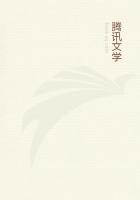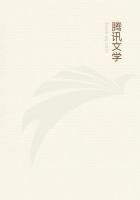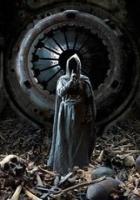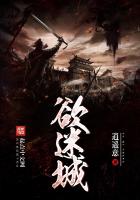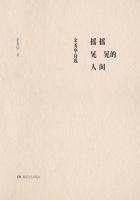The higher ranks of knighthood, are they to be considered as rewards?---are they public rewards? To this question it appears difficult to give a decisive answer.They are bestowed for so great a variety of reasons, that to give any description of them, which shall be applicable to all cases, is impossible.They are sometimes given for the performance of distinguished services; but much more generally to courtiers and men of rank, who are the companions of the sovereign, to increase the splendour of his court.In these cases, the merit proved is, that the individual has made himself agreeable to the sovereign.But if persons thus decorated claim distinctions not belonging to other members of the community,---if everyone must yield them precedence, ought not some public reason to be given for creating this superiority---for this comparative degradation of the largest portion of the community? Ought such drafts upon the respect of the public to be drawn in favour of an individual, till it has been shown that he has rendered services to entitle him to this special homage?
When thus conferred, is not a resource that might yield important fruits employed with bad economy? We shall return to this subject.
3.Power.---The principles which ought to regulate the distribution of this great object of human desire, belong to the head of constitutional law, rather than to our present subject.
Power is created for a purpose altogether different from that of serving as matter of reward.Merit is not the only consideration by which its distribution must be governed.
Under a monarchical government, for example, the inconveniences attending the election of a king may be so serious, that the supreme power ought to be attached to some qualification more manifest and indispensable than the personal merit of an individual.In a mixed government, also, in which there is a chief magistrate, and a body of hereditary nobles invested with certain powers, it may be thought proper that this body should be composed of many members: but the more numerous, the less susceptible is it of that sort of selection which supposes in each individual distinguished merit.
Thus far, however, we may determine in general, viz.that power, wherever it can be employed without inconvenience as matter of reward, ought to be so employed.
In thus using it, the difficulty is to select any act or event that shall serve as evidence of the capacity of individua]s for exercising the power with which they may come to be invested.In public employments, for example, how various are the talents required, for the possession of which no single act can be considered as satisfactory evidence!
Were this not the case, the greater number of public employments might be conferred as rewards for the performance of some determinate service, respectively relating to them.
In the Gazette, notices might be given, couched in the following terms:---``Who ever produces the most perfect die, shall be placed at the head of the Mint.''---``Who ever produces a model of the most serviceable piece of artillery, shall be placed at the head of the Ordnance.''---``He who constructs the swiftest sailing vessel, united with the most perfect means of attack and defence, shall be placed at the head of the naval architecture.''---``The author who writes the best treatise upon commerce, finances, or the art of war, shall be placed at the head of the Board of Trade, shall be first Lord of the Treasury, or Commander-in-Chief, respectively.He who writes the best treatise on the laws, shall be made Chancellor.''
At first view, nothing can be more captivating than such a plan; but upon the slightest examination, it will be found more specious than solid.Why? Because it is by no means uncommon for a man who is in an eminent degree endowed with one of the qualities requisite, to be altogether destitute of other equally indispensable.
There are, besides, cases in which even this imperfect mode of proof is altogether wanting.During a long period of tranquillity, by what describable service can a military man display his talents for command? Among the qualities most essential for such a duty, are presence of mind, enlarged views, foresight, activity, courage, perseverance, personal influence, &c.&c.By what specific act can an officer who has seen no service, show himself to be possessed of any of these qualifications?
We are reduced, then, to mere conjecture.The best founded opinions are drawn from his habits of life, his attachment to his profession, and above all the confidence reposed in him by those who are engaged in the same profession, whose opinion is founded upon a multiplicity of acts, which in the aggregate constitute his character.
Discernment, or the art of judging of individual capacity, is a rare quality, whose use it is impossible to supersede by general rules.
A slight advance might perhaps be made in this difficult art, did we possess a catalogue of the indications of talents or capacity , as applicable to the various departments of state.
4.Exemptions.---The legislator creates two sorts of evils: he appoints punishment for offences; he imposes burthensome duties upon the various members of the community.Hence exemptions may be of two kinds: exemptions from punishment a1ready incurred; exemptions from civil burthens.
An exemption from punishment already incurred, is a pardon.Pardons have often been given in the way of reward, that is, in consideration of former services.Such acts cannot be foreseen and provided for by anticipation: they are the result of the discretion entrusted on this behalf to the sovereign.

